April 29 2025
Trump's 100 Days Charted; Trump To Ease Auto Tariffs; Trump Leak Crackdown Escalates; Plastic Chemicals Linked To Deaths; Carney Wins Canada Election
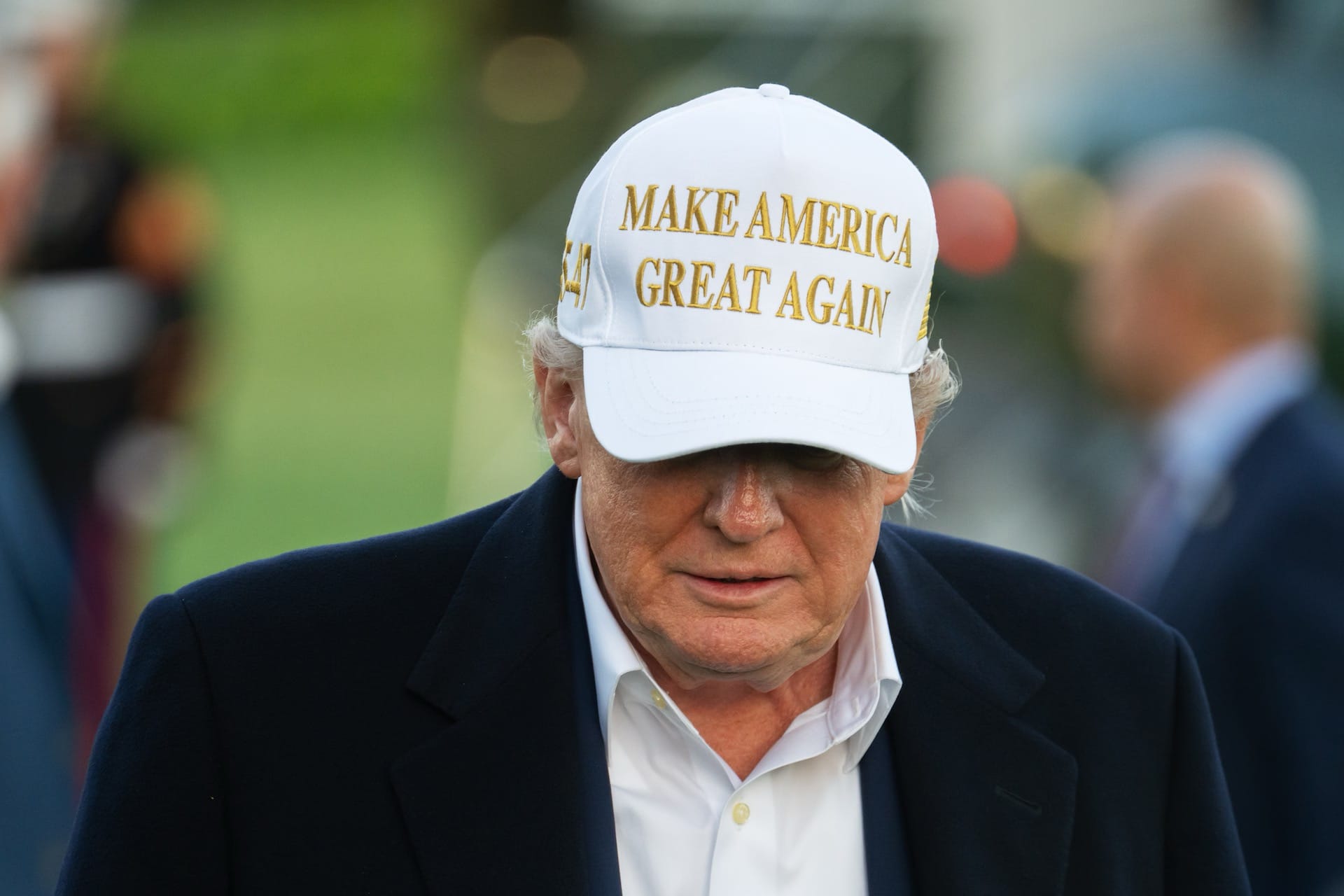
Trump's First 100 Days, In Charts
Trump Expected To Soften Auto Tariffs, Granting Exceptions Ahead Of 100-Day Rally
Trump Admin Deploys Polygraphs, Expands Probes In Widening Hunt For Leakers
Common Chemicals In Plastics, Packaging Tied To Hundreds Of Thousands Of Heart Deaths Globally, Study Warns
In Rebuke To US Pressure, Canadians Re-elect Carney's Liberals In Surprise Turnaround
GET THE CITIZEN JOURNAL APP - FREE!
1. Trump's First 100 Days, In Charts
Donald Trump returned to the White House in January promising to reboot America. “From this day forward, our country will flourish and be respected again all over the world. We will be the envy of every nation,” he declared. Since his inauguration, he has moved at breakneck speed to execute a radical agenda: directing the world’s richest man to gut the US government; vowing to broker peace deals from Ukraine to Israel; and upending long-standing trade alliances to reorder the world’s biggest economy. The turmoil emanating from the most powerful politician on the planet has stupefied markets and shaken one of the world’s biggest bureaucracies. In [the] charts below, we map the first 100 days of Trump’s second term.
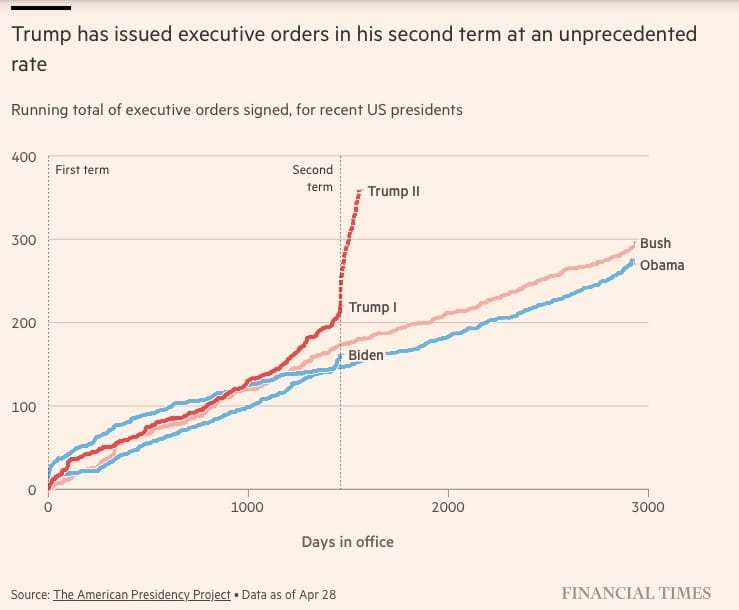
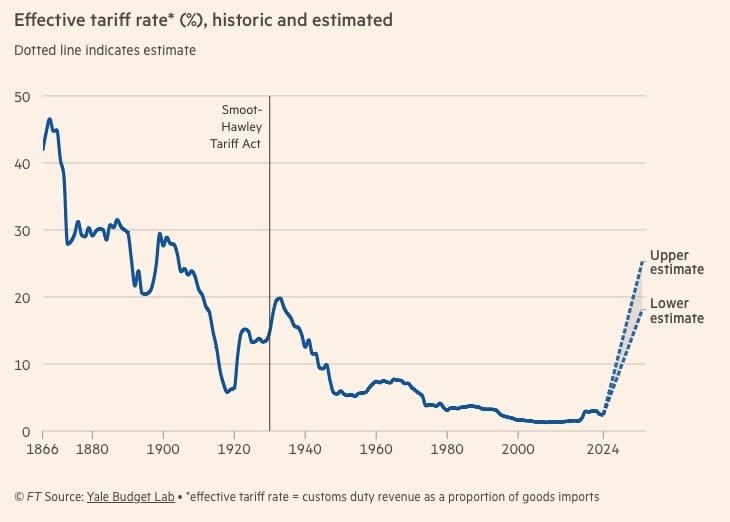
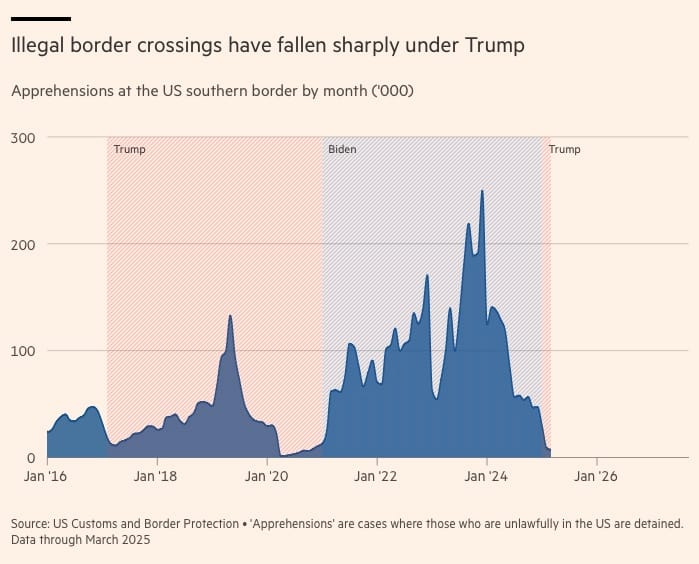
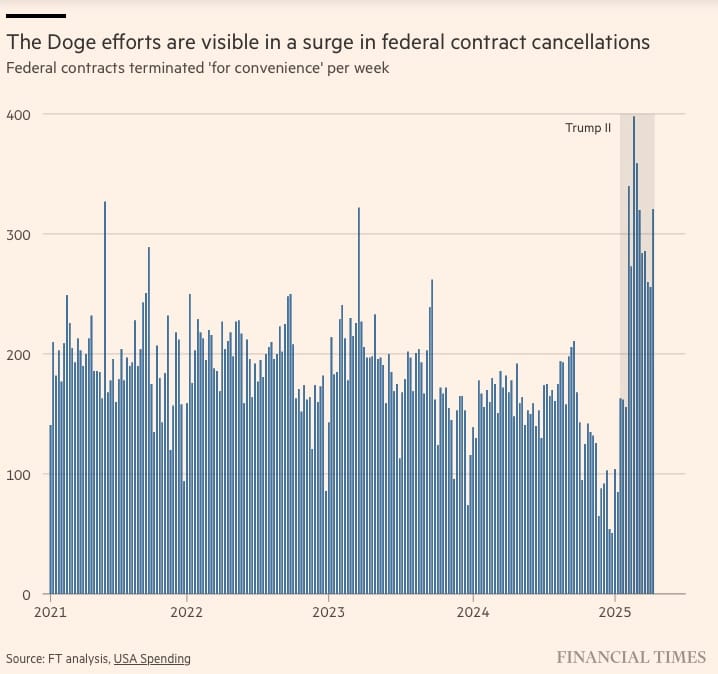
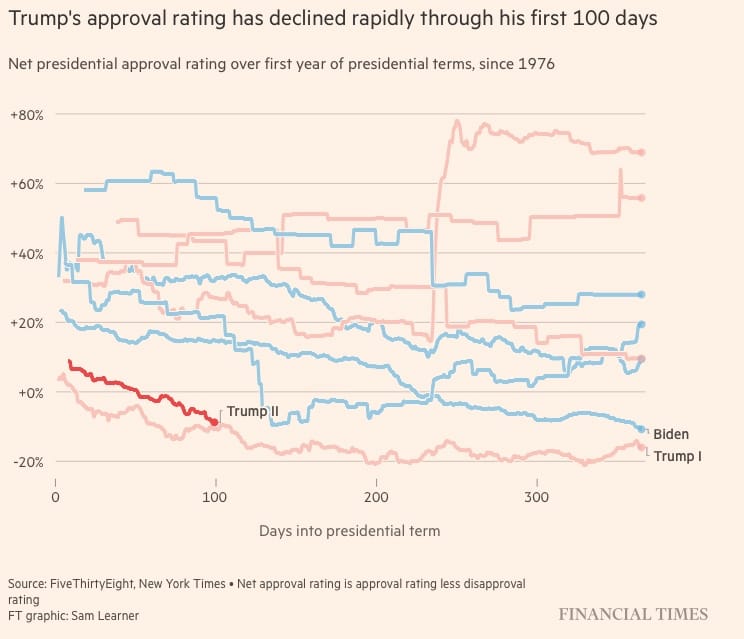
FT
2. Trump Expected To Soften Auto Tariffs, Granting Exceptions Ahead Of 100-Day Rally
WASHINGTON—President Trump is expected to soften the impact of his automotive tariffs, preventing duties on foreign-made cars from stacking on top of other tariffs he has imposed and easing some levies on foreign parts used to manufacture cars in the U.S., according to people familiar with the matter. The decision will mean that automakers paying Trump’s automotive tariffs won’t also be charged for other duties, such as those on steel and aluminum, according to people familiar with the policy. The move would be retroactive, the people said, meaning that automakers could be reimbursed for such tariffs already paid. The 25% tariff on finished foreign-made cars went into effect early this month. The administration will also modify its tariffs on foreign auto parts—slated to be 25% and effective May 3—allowing automakers to be reimbursed for those tariffs up to an amount equal to 3.75% of the value of a U.S.-made car for one year. The reimbursement would fall to 2.5% of the car’s value in a second year, and then be phased out altogether. Trump is expected to take the actions ahead of a trip to Michigan for a rally outside Detroit on Tuesday evening, marking 100 days since he took office. WSJ
3. Trump Admin Deploys Polygraphs, Expands Probes In Widening Hunt For Leakers
National security agencies across the Trump administration are ramping up investigations into alleged leaks to the news media, in some cases using polygraph tests that current and former officials say are creating a climate of fear and intimidation. At FBI Director Kash Patel’s direction, the bureau in recent weeks has begun administering polygraph tests to identify the source of information leaks, an FBI spokesperson said. The new use of polygraphs at the bureau, which are commonly known as “lie detector” tests, has not been previously reported. The ramp-up has been bolstered by Attorney General Pam Bondi’s new legal guidelines that allow the Justice Department to subpoena reporters’ personal communications and broaden the scope of potential criminal prosecution to leaks of not just classified material, but also “privileged and other sensitive” information that the administration says is “designed to sow chaos and distrust” in the government. At the Pentagon, embattled Defense Secretary Pete Hegseth has threatened the use of polygraphs, according to current and former officials, and has demanded that some senior department officials be administered lie detector exams, the Wall Street Journal has reported. WaPo
4. Common Chemicals In Plastics, Packaging Tied To Hundreds Of Thousands Of Heart Deaths Globally, Study Warns
A set of chemicals found in food packaging, plastics, and lotions and shampoos has been linked to hundreds of thousands of deaths from heart disease, according to a study published Tuesday in the journal eBioMedicine. These chemicals, known as phthalates (pronounced tha-lates), were responsible for more than 350,000 deaths worldwide in 2018, researchers found. About 75 percent of the deaths were in Asia, the Middle East and the Pacific — reflecting growing concern about the amount of plastic proliferating in developing countries. While the researchers acknowledge that exposure to phthalates coincides with other risk factors — such as obesity and metabolic disorders — the findings add to the growing evidence that chemicals used in plastics come with serious health risks. WaPo
5. In Rebuke To US Pressure, Canadians Re-elect Carney's Liberals In Surprise Turnaround
Prime Minister Mark Carney of Canada won a new term on Monday night, the national broadcaster CBC/Radio Canada projected, a remarkable turnaround for his Liberal Party, owed in large part to President Trump’s aggressive stance toward the country. the voters’ decision sealed a stunning reversal for the Liberal Party that just months ago seemed all but certain to lose to the Conservative Party. Mr. Carney has been prime minister since March, when Prime Minister Justin Trudeau stepped down. The centerpiece of Mr. Carney’s acceptance speech early Tuesday morning was Canada’s response to Mr. Trump’s policies. “As I’ve been warning for months, America wants our land, our resources, our water,” he said. “President Trump is trying to break us so he can own us. That will never happen.” He warned Canadians that the road ahead would be difficult and might require sacrifices. The election has been remarkable in many ways, with candidates and many voters describing it as the most important vote in their lifetimes. It has been dominated by Mr. Trump and his relentless focus on Canada, America’s closest ally and trading partner. Mr. Trump has imposed tariffs on Canadian goods, pushing the country toward a recession, and repeatedly threatened to annex it as the 51st state. Even as Canadians were heading to the polls on Monday morning, he repeated that desire, arguing on social media that it would bring economic and military benefits. Mr. Carney, 60, a seasoned economist and policymaker who promoted himself as the anti-Trump candidate and centered his campaign on dealing with the United States, ultimately benefited from the American president's actions. Mr. Poilievre, 45, and the Conservatives had been dominating polls for years, building a platform against the Liberals and Mr. Trudeau around the argument that they had dragged Canada into prolonged economic malaise. But they watched their double-digit lead rapidly evaporate after Mr. Trump’s aggressiveness toward Canada and Mr. Trudeau’s resignation. For Mr. Carney, Monday’s victory marked an astonishing moment in his rapid rise in Canada’s political establishment since entering the race to replace Mr. Trudeau in January. A political novice but policy-making veteran, Mr. Carney conveyed a measured, serious tone and defiance toward Mr. Trump’s aggressive overtures, helping to sway voters who had been contemplating supporting the Conservatives, according to polls and some individual voters. And his politics as a pragmatist and a centrist seemed to better align with Canada’s mood after a decade of Mr. Trudeau’s progressive agenda. NYT
Editors note: I suspect the Carney-Trump feud is performative; Carney owes Trump for getting him elected. I expect the act to continue and concessions from Trump to be viewed as political ‘wins’ for Carney, while helping the US economy, Trumps goal. It’s going to work out well for everyone, except Mr. Poilievre.
April 29, 2004: Oldsmobile production ends
On April 29, 2004, the last Oldsmobile comes off the assembly line at the Lansing Car Assembly plant in Michigan, signaling the end of the 106-year-old automotive brand, America’s oldest. In 1897, Ransom E. Olds (1864-1950), an Ohio-born engine maker, founded the Olds Motor Vehicle Company in Lansing. In 1901, the company, then known as Olds Motor Works, debuted the Curved Dash Oldsmobile, a gas-powered, open-carriage vehicle named for its curved front footboard. More than 400 of these vehicles were sold during the first year, at a price of $650 each (around $17,000 in today’s dollars). In 1908, Oldsmobile was the second brand, after Buick, to become part of the newly established General Motors (GM). Oldsmobile became a top brand for GM and pioneered such features as chrome-plating in 1926 and, in 1940, the first fully automatic transmission for a mass-market vehicle. Oldsmobile concentrated on cars for middle-income consumers and from the mid-1970s to the early 1980s, the Oldsmobile Cutlass was America’s best-selling auto.
SUBSCRIBE ONLINE TO GET THE US CITIZEN JOURNAL IN YOUR INBOX - FREE!

See the Ad Astra Podcast! Released on Apple and Spotify around 10a CST.
Sponsors (click me!)
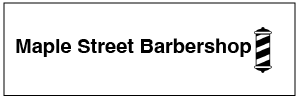




Sources
- https://www.ft.com/content/9d3ebaed-50b6-477a-bf62-3a35a22fc222
- https://www.wsj.com/business/autos/trump-tariffs-autos-exceptions-fc634efd?mod=hp_lead_pos2
- https://www.washingtonpost.com/national-security/2025/04/28/leak-polygraph-fbi-justice-odni-dhs/
- https://www.washingtonpost.com/climate-environment/2025/04/29/plastic-chemicals-phthalates-deaths-heart-disease/
- https://www.nytimes.com/live/2025/04/28/world/canada-election

